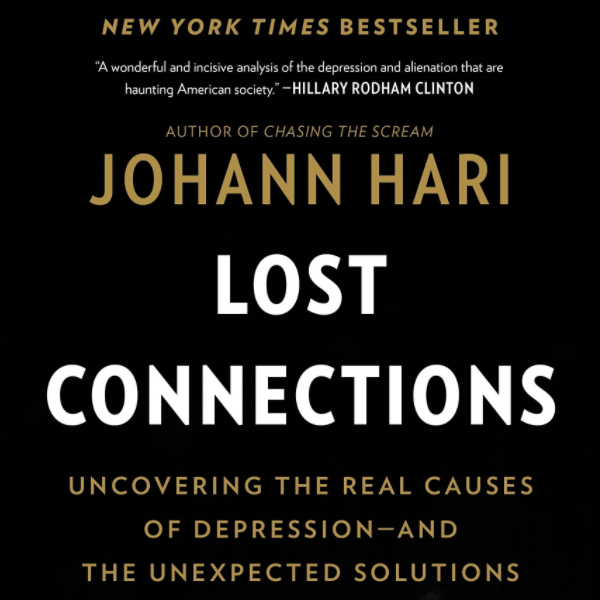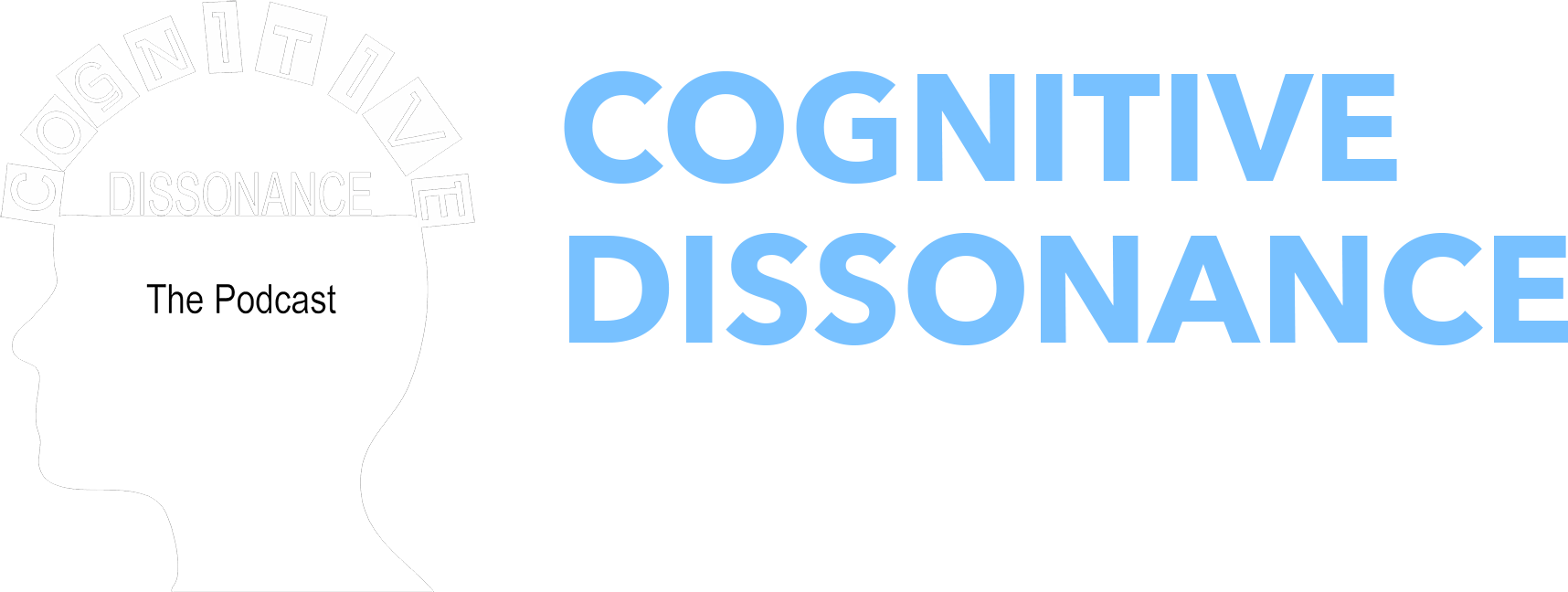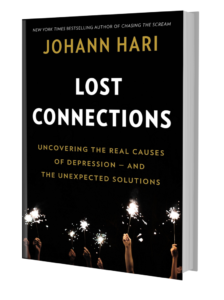
Thank you to Johann Hari for joining us this week. You can find out more about Johann’s work at:
https://thelostconnections.com/
Twitter: @johannhari101
Stories From The Week
Fake photo of Parkland student ripping up Constitution goes viral | TheHill
Republican governors try to avoid holding special elections – Voting for state legislatures
At Long Last, Flat Earth Rocketeer Finally Manages to Blast Himself Into Sky at God Knows What Speed
Atlanta mom crashes car trying to prove to her kids that God is real
PUB MERCURY MISTRESS


I loved the interview with Johann. It put into perspective an experience I had just the other day.
You might be aware of a genre of YouTube content called ‘reaction videos’, basically a person sits in front of a camera and records their genuine/not-so-genuine reaction to some art. Or a fucking Star Wars trailer. Basically many people consider this the bottom of the barrel of content creation, as it doesn’t necessarily take any skill to make such a video.
The other day someone sent me a link to a music video for ieuD by Igorrr, an avant-garde band that mixes something called ‘breakcore’ with heavy metal, opera, baroque, folk music. I was completely blown away by the music, it was like nothing I’d ever heard. I ended up listening to that song, and the entire album many times over the next 24 hours, it was intense.
I wanted more. I wanted to see what others thought of it, only I don’t really have anyone to share this with in meatspace, and when I shared it with my online friends nobody watched it. I wanted that personal connection, to experience someone else hearing this music for the first time, to laugh and enjoy it with someone. There was nobody.
There were only reaction videos. Watching people try and fail to comprehend the structure of the music, watching them laugh at the absurdity of it, then watching their faces as the emotion of it hits them. I watched them all, and it was amazing.
My hypothesis for why reaction videos are so damned popular? Lots of lonely, lonely people.
Hi guys, glory hole.
I was fascinated by your guest this week, Johann Hari. He comes off as a very intelligent, charming fellow.
Hearing him on the show and having dealt with clinical depression most of my life prompted me to get his book. I’m about halfway through it and I think he definitely has some great insight into some of the social, conditional, and environmental aspects of depression. However, I find that he has a tendency to misrepresent the medical view of depression and how it is diagnosed. While I have no doubt that there are doctors out there who are maybe a little too overworked or just not careful enough with prescription, he makes much of the industry out to be irresponsible or even ill-intentioned. Parts of the book smack of “big pharma” conspiracy and while he seemed to try to dampen fears of his being anti-medication on your show, it feels like he doesn’t do us such favors in the book.
I want to be clear; I really do think there is something to his research and I still find a lot of what he says to be extremely compelling. I think there are a lot of social and environmental factors that contribute to our mental wellness. The thing is he makes it sound like these factors are never considered by the medical community. Usually the first questions a doctor or therapist will ask you have to do with environment and life events. This is something that I was asked back in the early 90s when I was first diagnosed.
So while I think looking into populations and the prevalence of depression makes for a great read and gives us much to consider, I worry that he seems to reach some conclusions without a lot of testable data. Claims like how depression is just grief, or how the efficacy of antidepressants is just the result of pharma companies funding research just rubs me the wrong way. Add to that the sort of self-help angle of the book and you have a situation where the woo can’t be ignored.
But I will finish this book in the next couple days and maybe I will come back to amend my comment. However, the book has already been making some pretty strong suggestions that I think just aren’t correct. I sincerely hope that his work prompts some more skeptical investigation into the various things that can contribute to depression.